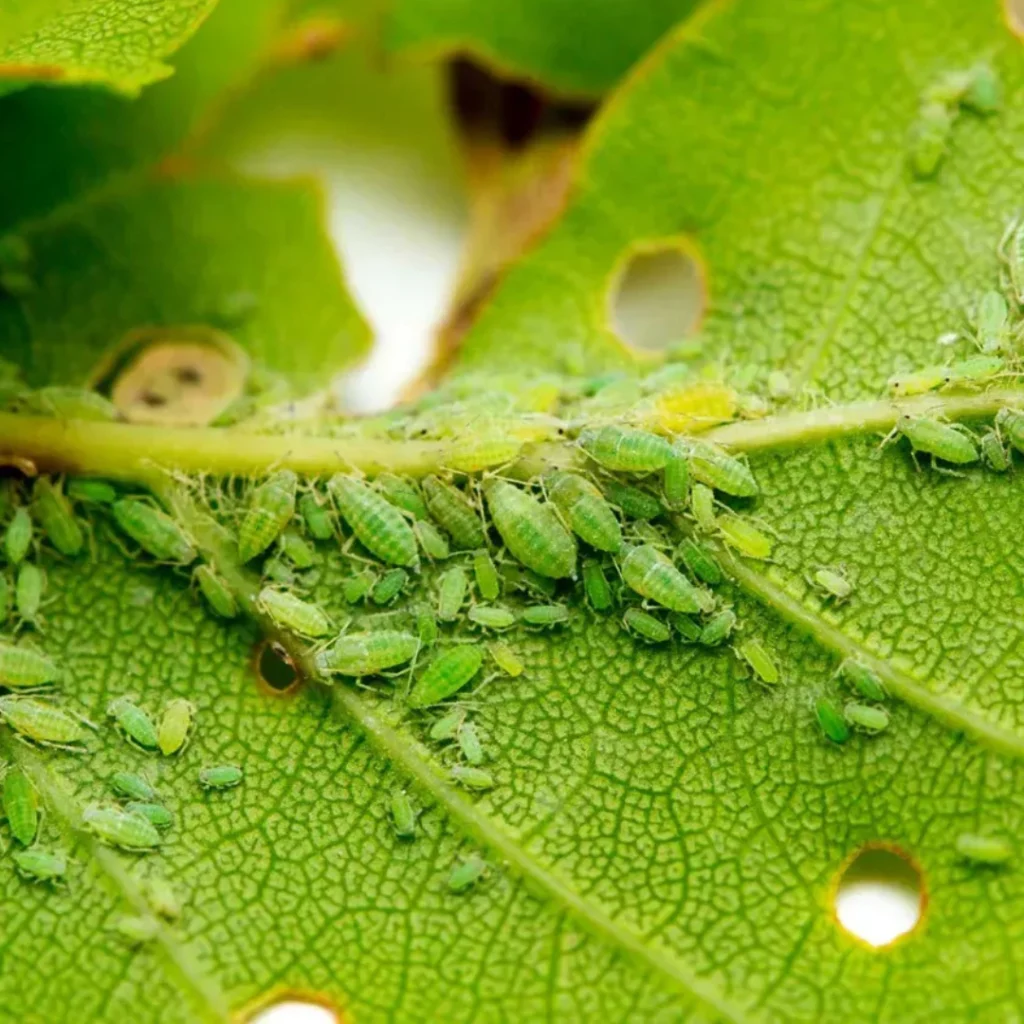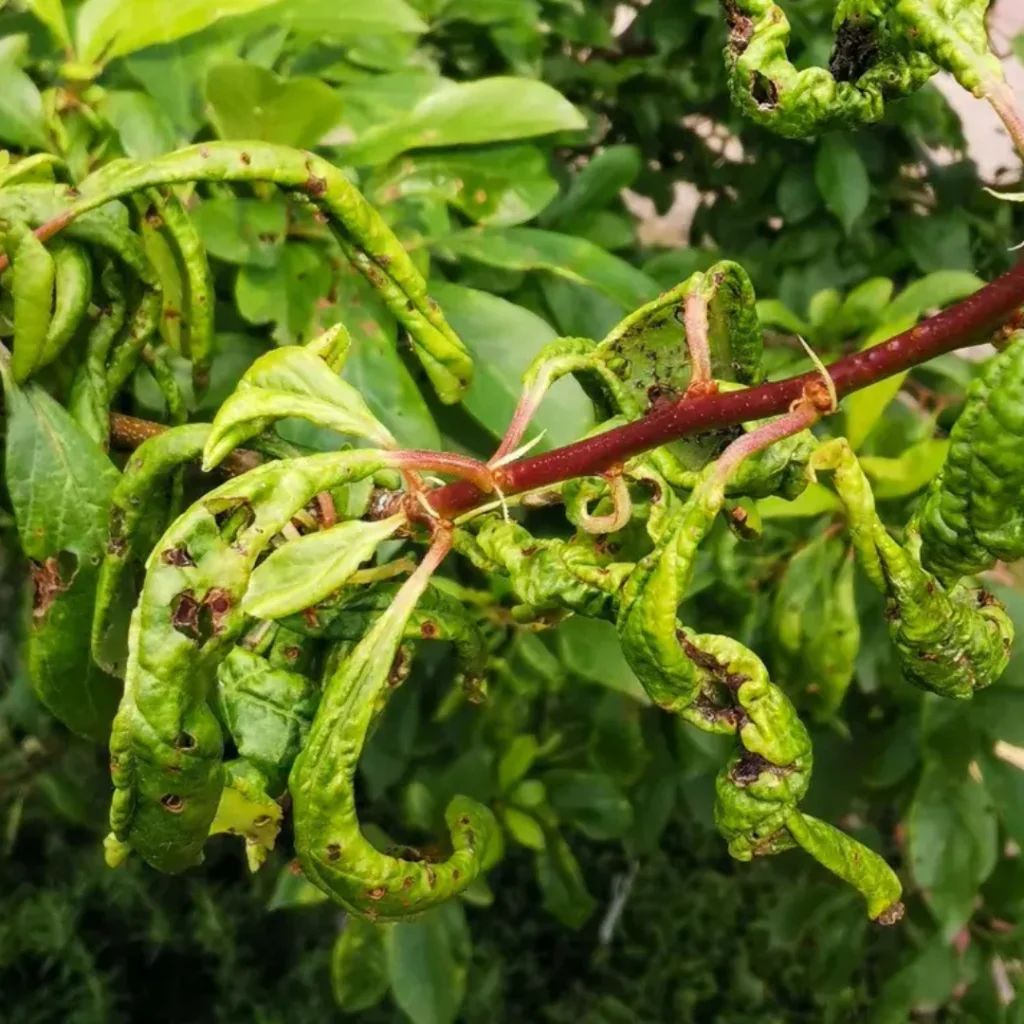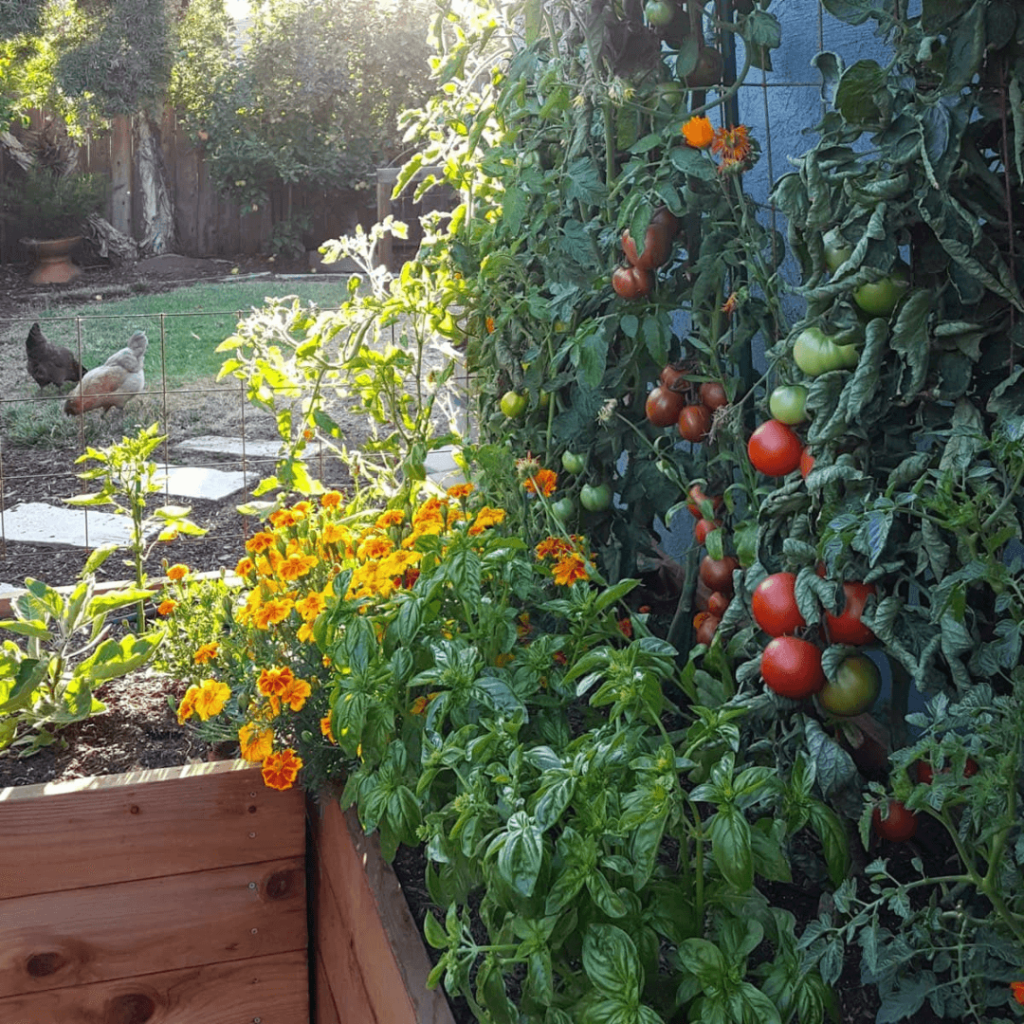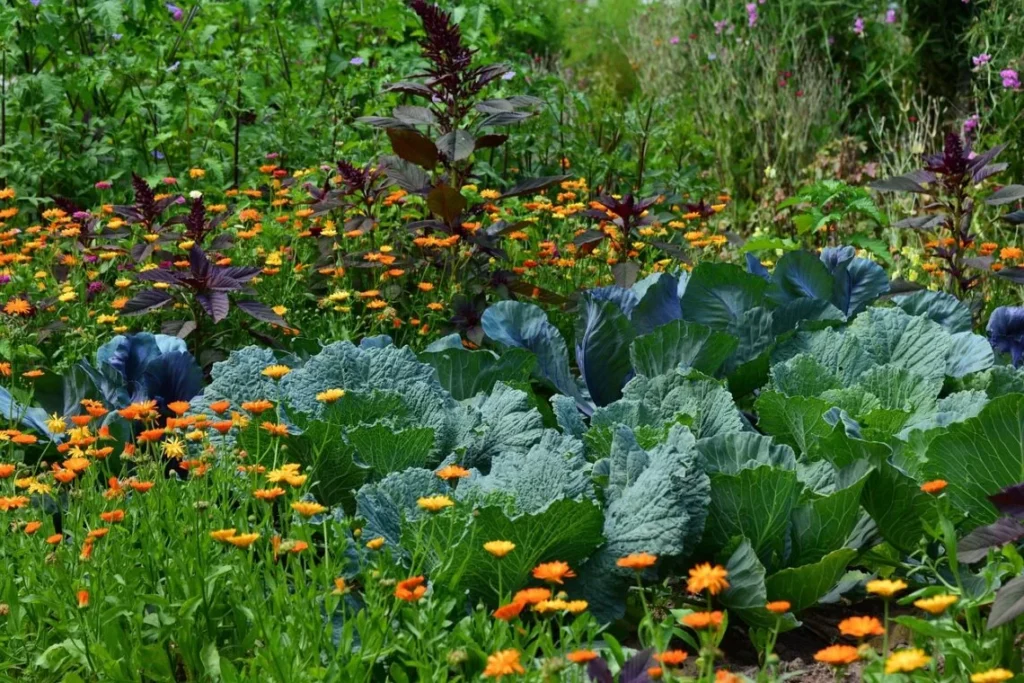4 Best tips to Get Rid of Aphids Naturally
Introduction
Aphids are among the most common pests that gardeners encounter. These tiny insects can cause serious damage to your plants by sucking out their sap, leaving them weak and vulnerable. But don’t worry—you don’t need harsh chemicals to deal with them.
Learning how to get rid of aphids naturally not only protects your plants but also promotes a healthier environment for beneficial insects and your garden ecosystem. In this article, we’ll explore simple, effective, and eco-friendly methods to manage aphid infestations.
Table of Contents
What Are Aphids ?

Aphids, also known as plant lice, are soft-bodied insects that come in various colors like green, black, or even pink. They feed on plant sap, weakening the host and hindering growth. A single aphid infestation can escalate quickly due to their ability to reproduce rapidly.
How to identify aphids naturally: Look for clusters of small insects, sticky residue (honeydew), or curling leaves. These signs point to the need for immediate action.
Why Choose Natural Methods to Get Rid of Aphids ?
Using natural methods for pest control is safer and more sustainable than relying on chemical pesticides. Here’s why:
- Environmental Safety : Natural solutions avoid contaminating soil and water.
- Protection for Beneficial Insects : Methods like neem oil and companion planting ensure pollinators and predatory insects survive.
- Health Benefits : No harmful residues on fruits, vegetables, or herbs.
By opting to learn how to get rid of aphids naturally, you ensure long-term garden health and support a balanced ecosystem.
Signs of an Aphid Infestation :
Catching an aphid infestation early can save your plants. Here’s what to look out for:
- Sticky Leaves : Honeydew excreted by aphids coats plant surfaces, making them sticky.
- Ant Trails : Ants are drawn to aphid honeydew and may indicate an infestation.
- Curled or Yellowing Leaves : Plants suffering from sap loss may show signs of discoloration and distortion.
If you spot these signs, it’s time to act. Use the steps below to understand how to get rid of aphids naturally.

How to Get Rid of Aphids Naturally : Step-by-Step Guide
Here are some effective, chemical-free ways to eliminate aphids:
1. Hand Removal
Use your fingers or a soft brush to remove aphids manually. This method works best for small infestations. Drop the pests into a bucket of soapy water to ensure they don’t return.
2. Spray with Water
A strong jet of water can knock aphids off your plants without harming them. Be sure to spray the undersides of leaves, as aphids often hide there. Repeat this process every few days.
Image Description: A gardener spraying water on a leafy plant to remove aphids hiding on the underside of the leaves.
3. Use Neem Oil
Neem oil is a natural pesticide that disrupts the feeding and reproduction of aphids. Mix 2 tablespoons of neem oil with 1 gallon of water, add a few drops of dish soap, and spray it directly on affected plants.
4. Insecticidal Soap
Spray insecticidal soap onto aphids to kill them on contact. This solution is safe for plants but lethal for pests, making it an ideal option for natural pest control.
Companion Planting to Repel Aphids

Certain plants naturally repel aphids and can be strategically placed in your garden. This method not only reduces pest populations but also boosts the health of your garden.
- Attracting Beneficial Insects : Flowers like dill, yarrow, and alyssum attract aphid predators like ladybugs.
- Repellent Plants : Garlic, marigolds, and chives repel aphids.
Homemade Sprays to Get Rid of Aphids Naturally
DIY sprays are an affordable way to combat aphids. Here are some recipes:
- Soap Spray: Mix 1 tablespoon of dish soap with 1 quart of water. Spray this solution directly onto aphids.
- Garlic Spray: Blend garlic cloves with water, strain the mixture, and apply it to infested plants. Garlic’s strong odor repels aphids.
- Chili Pepper Spray: Combine 2 teaspoons of chili powder with water. This spicy solution keeps aphids at bay.
Encouraging Beneficial Insects
Natural predators like ladybugs, lacewings, and hoverflies are effective at controlling aphid populations. You can purchase these insects or attract them to your garden by planting nectar-rich flowers.
- Hoverflies : Adults pollinate, while larvae eat aphids.
- Ladybugs : Consume up to 50 aphids a day.
- Lacewings : Their larvae feed aggressively on aphids.

Common Mistakes to Avoid
When learning how to get rid of aphids naturally, avoid these errors:
- Overwatering : Aphids are attracted to overwatered plants, so keep soil moist but not soggy.
- Overusing Sprays : Even natural sprays can damage plants if overapplied. Follow directions carefully.
- Ignoring the Problem : Aphids reproduce quickly, so early action is critical.
Conclusion
Mastering how to get rid of aphids naturally is key to maintaining a healthy, vibrant garden. By using eco-friendly techniques like hand removal, neem oil, and companion planting, you can eliminate aphids without resorting to harmful chemicals.
The process requires consistency and patience, but the results are worth it: a thriving garden free of aphids and full of life. Whether you’re a seasoned gardener or a newbie, these tips will help you take control of your plants’ health.

FAQs
- Can I use essential oils to repel aphids?
Yes, essential oils like peppermint or clove oil diluted in water can deter aphids naturally. - What’s the best plant for repelling aphids?
Marigolds are highly effective at repelling aphids and other garden pests. - How quickly does neem oil work?
Neem oil begins disrupting aphids’ reproduction immediately, but visible results can take 5–7 days. - Can aphids spread to indoor plants?
Yes, aphids can infest houseplants. Regular inspection and treatment are necessary. - Are aphids dangerous to humans?
No, aphids are not harmful to humans, but they can severely damage plants.

